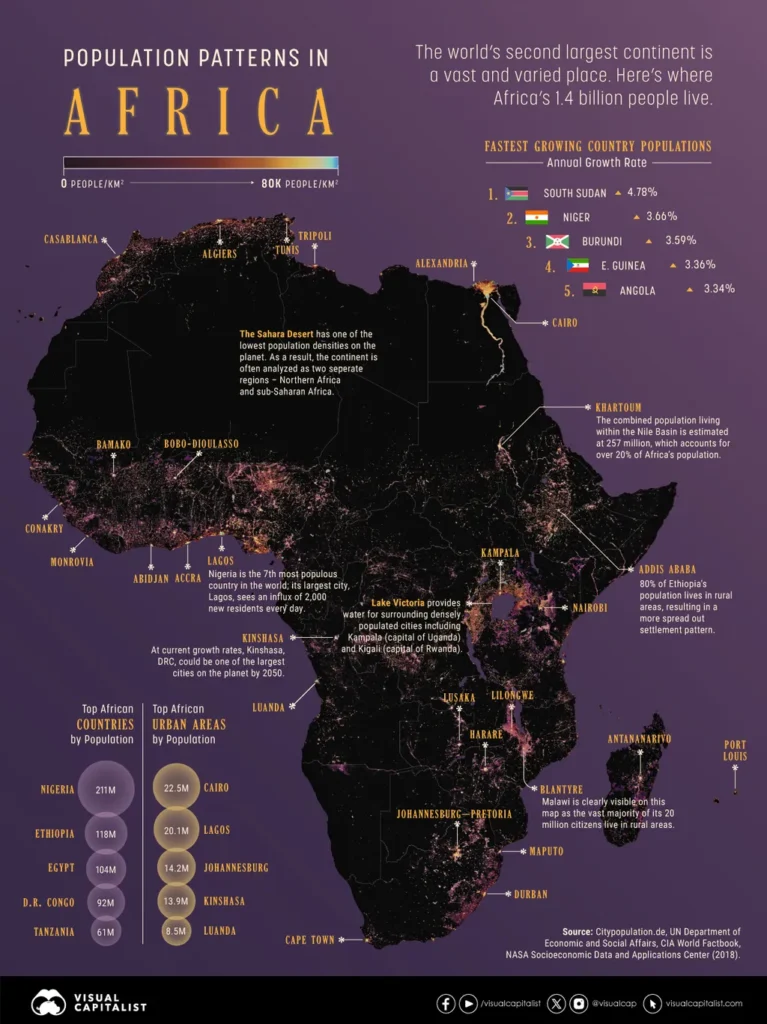Ghana’s government has set the stage for a significant infusion of capital into its infrastructure sector, with plans to allocate billions of cedis over the next several years. This “Big Push” initiative, as outlined by Deputy Minister for Finance Thomas Ampem Nyarko at the KPMG Infrastructure Roadshow in Accra, aims to address the country’s critical infrastructure deficit and stimulate long-term economic growth. The government plans to invest GH¢13.9 billion in 2025, with this figure expected to rise to GH¢21.2 billion by 2028. The funding will primarily come from petroleum revenues and mineral royalties, targeting key areas such as roads and transport, energy and power generation, digital infrastructure, and urban and rural development.
The scale of Ghana’s infrastructure needs is substantial. Estimates suggest the country requires US$37 billion annually for the next 30 years to meet its development goals, with an additional US$8 billion needed annually just to maintain existing infrastructure. The Deputy Minister highlighted Ghana’s low score of 47 out of 100 on the Global Infrastructure Hub index, indicating chronic underinvestment. He emphasized the urgent need for better transport, reliable energy, modern irrigation, and digital infrastructure to support economic growth and social development.
While public investment is being scaled up, the government recognizes that Public-Private Partnerships (PPPs) will be essential to closing the infrastructure gap. The Ghana Infrastructure Investment Fund (GIIF) will play a key role in setting up Special Purpose Vehicles (SPVs) to attract private capital, blended finance, and international development funding. The Deputy Minister urged both local and international investors to explore opportunities in sectors such as transport, energy, digital infrastructure, and urban development, describing them as “vast and transformative.”
The implications for markets are significant. The government’s commitment to infrastructure development is likely to create a range of opportunities for investors, from construction and engineering firms to technology providers and financial institutions. The emphasis on PPPs suggests that the private sector will play a crucial role in shaping the future of Ghana’s infrastructure landscape. However, the success of this initiative will depend on the government’s ability to create a stable and attractive investment environment, with clear regulatory frameworks and strong institutional support.
The KPMG Infrastructure Roadshow, held under the theme “Unlocking Ghana’s Public Private Partnership Potential: Bridging Reform and Results,” brought together policymakers, investors, engineers, and business leaders to explore strategies for accelerating infrastructure development. The event underscored the importance of collaboration between the public and private sectors in driving sustainable infrastructure transformation. As Ghana moves forward with its Big Push initiative, the coming years will be critical in determining whether this investment can deliver the promised economic and social benefits. The government’s ability to attract and retain private investment will be a key factor in the success of this ambitious plan.

